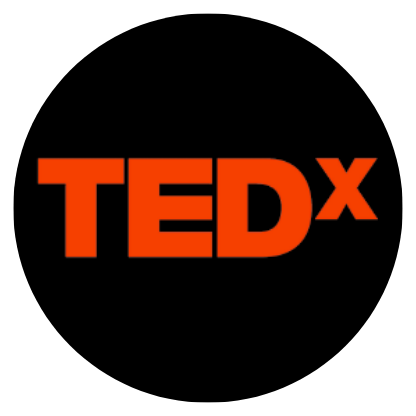Epigenetics: Destiny Written in our DNA – Moshe Szyf | TEDx Talks
Reference: TEDx Talks. (2016, October 03). Epigenetics - our bodies' way to change the destiny written in our DNA | Moshe Szyf | TEDxBratislava [Video]. YouTube.
We Make Your Education Count







 9 Creds - Health
9 Creds - Health



